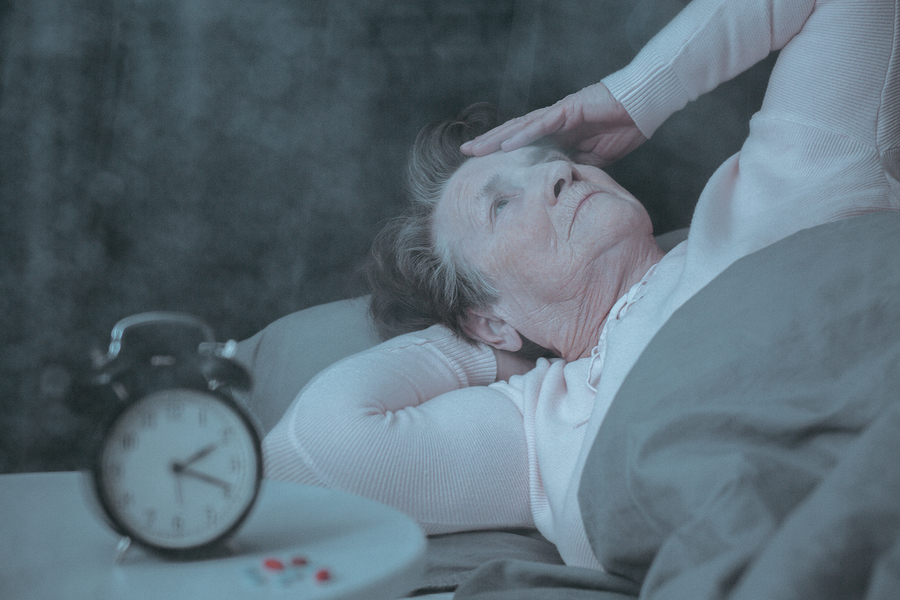Does Your Senior Need Awake and Alert Care at Night?
September 18, 2018
One of the most important decisions you'll make as a family caregiver is how to supplement the care you give to your senior with professional home care. Introducing this type of care into your senior's care routine can be an exceptional way to ensure their happiness and health in the most effective and meaningful ways. Not only does this help your parent to stay safer and healthier, and enjoy a more active and independent quality of life, but it also reduces your caregiver stress, and allows you to enjoy greater flexibility and opportunity in your own schedule. Caregiver in Aptos CA: Care at Night
There are many different types of home care available, but one that is often overlooked, but can be extremely helpful for family caregivers, is awake and alert night care. It is impossible for you to be expected to provide your senior with ongoing and dedicated care at night. You need your sleep in order to function, so you can't be expected to care for your parent all day, and all night, and still manage needs for your children, your partner, your work, your home, and yourselves. Awake and alert care involves a care provider coming to the home in the evening to help your parent with their nighttime routine, such as bathing, getting in their pajamas, relaxing with a book or other soothing activity, and actually getting into bed. The care provider then stays awake throughout the night to manage any needs that might arise.
Some of the reasons your parent might need awake and alert at night include:
Caregiver in Aptos CA: Care at Night
There are many different types of home care available, but one that is often overlooked, but can be extremely helpful for family caregivers, is awake and alert night care. It is impossible for you to be expected to provide your senior with ongoing and dedicated care at night. You need your sleep in order to function, so you can't be expected to care for your parent all day, and all night, and still manage needs for your children, your partner, your work, your home, and yourselves. Awake and alert care involves a care provider coming to the home in the evening to help your parent with their nighttime routine, such as bathing, getting in their pajamas, relaxing with a book or other soothing activity, and actually getting into bed. The care provider then stays awake throughout the night to manage any needs that might arise.
Some of the reasons your parent might need awake and alert at night include:
- Frequently falling out of bed.
- Experiencing discomfort, fear, disorientation, anxiety, or confusion associated with the impending night, also referred to as Sundowners.
- Insomnia and other difficulty sleeping that can lead to your parent getting up in the middle of the night and attempting to perform activities that could be dangerous, such as starting to cook, but not being awake enough to follow safety rules.
- Wandering tendencies associated with Alzheimer's disease. A senior with this type of tendency can get up and leave their home in the middle of the night. Without someone there with them, it can be hours before someone notices they are missing, which puts them in very serious danger.
- Experiencing frequent falls when navigating the home to go to the restroom or get a glass of water in the middle of the night.
- Needing medication or treatment reminders in the middle of the night to keep them compliant with instructions from their doctor along with health issues and challenges that may be worsening. This care provider can monitor your senior throughout the night.
If you or your loved one is looking for caregiver services in Aptos, CA, please call Familiar Surroundings Home Care.
Santa Clara County: (408) 979-9990
San Mateo County: (650) 353-9777
Santa Cruz County: (831) 480-3990


